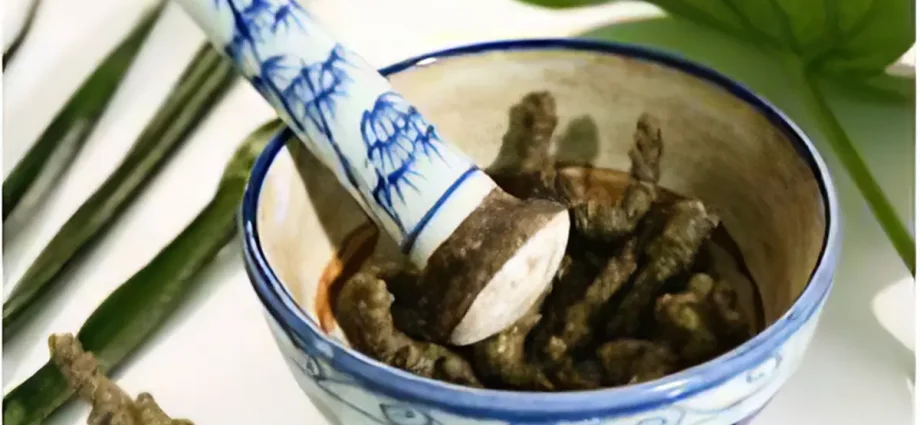Two substances from the licorice root – a plant used, for example, in Chinese traditional medicine and in the production of sweets – destroy bacteria that are the main cause of tooth decay and periodontitis, according to a work in the Journal of Natural Products.
According to its authors, these substances may play an important role in the prevention and treatment of both diseases, considered to be the main causes of tooth loss in children and adults.
At least 20 biologically active compounds, mainly flavonoids and coumarins, are present in the licorice extract (Glycyrrhiza uralensis).
A team of scientists from Germany, the USA and Canada analyzed the effects of various components of this plant extract on oral bacteria responsible for the development of dental caries and periodontitis (i.e. inflammation of the gums and other tissues surrounding and supporting the teeth).
It turned out that two compounds – lycoricidin and lycorizoflavate A – most strongly inhibited the growth of two species of bacteria responsible for the development of caries, i.e. Streptococcus mutans and Streptococcus sobrinus, as well as two species of bacteria contributing to periodontosis, i.e. Porphyromonas gingivalis and Prevotella intermedia.
Lycoricidin alone moderately inhibited the growth of a third species of periodontitis bacteria, Fusobacterium nucleatum.
Based on their results, the authors of the study estimate that these two compounds from licorice root could be used in the prevention and treatment of dental and periodontal diseases.
This is important because – as recent studies have shown – inflammation of the mouth and periodontitis not only lead to tooth loss, but are dangerous to general health, as they increase the risk of many diseases, such as cardiovascular diseases, pregnancy complications, and even tumors.
Since licorice contains a sweeter compound than sugar, glycyrrhizin, people have long used it as a food additive, including in the production of sweets. For thousands of years, it has also been used for medicinal purposes, incl. in the treatment of digestive system ailments (e.g. constipation) or liver diseases.
When reaching for products with licorice, it should be remembered that the compounds contained in it can potentially interact with various drugs and reduce their effectiveness. This includes, among others drugs for high blood pressure, aspirin, anti-inflammatory drugs, insulin, chemotherapy drugs and oral contraceptives.
The most recent research involved, among others, scientists from the University of Laval (Quebec, Canada), the University of Mississippi and the German analytical equipment company Bruker-Biospin based in Rheinstetten (Germany).










